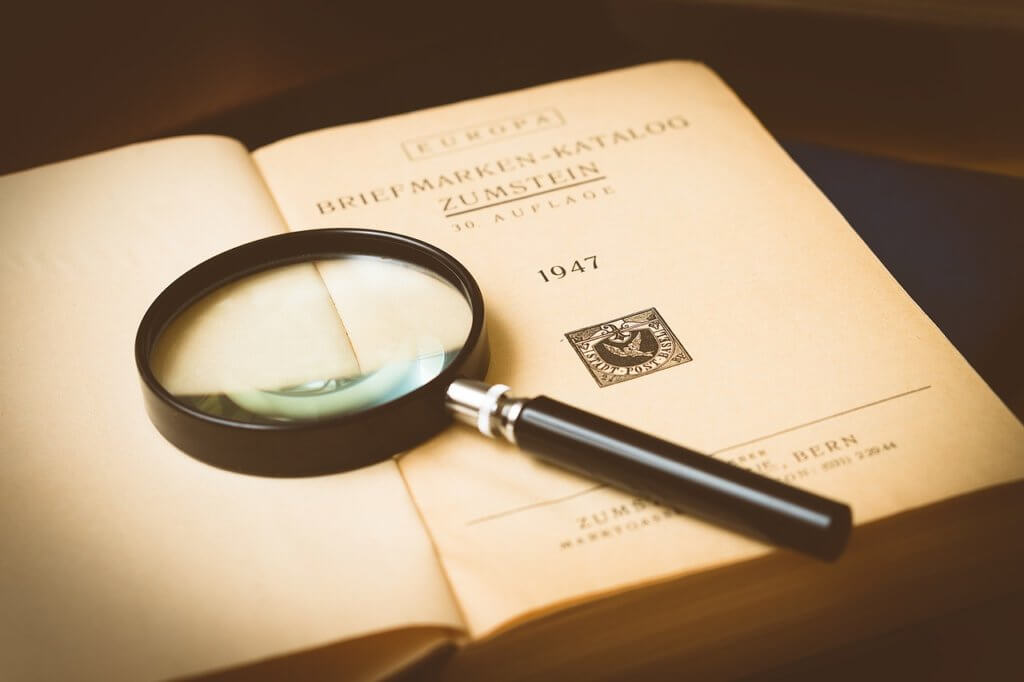Good private investigators use their own terminology and have even developed their own slang that a layman may find hard to understand. Below is a list of the most common terms you may come across when speaking to one, or just reading a really good detective novel:
Adultery
Defined as voluntary sexual relations between a married person and someone who is not his or her spouse. The legal definition of the word can vary. For instance, New York defines an adulterer as someone who engages in sexual intercourse with another person at a time when he has a living spouse, or the other person has a living spouse” – note that gender is unspecified. Meanwhile, Minnesota law claims that adultery is “when a married woman has sexual intercourse with a man other than her husband”.
Affidavit
A written statement sworn to be true before someone who is legally authorized to administer an oath, such as a notary public or commissioner of oaths. The name comes from Medieval Latin for “he/she has declared upon oath”. It can be written in the first or the third person, depending on who wrote the document.
Asset
An item of value. A person’s home or business, real estate properties owned, bank accounts, stocks and bonds under the person’s name, mutual funds, cash, trust funds and other forms of investment and property are all under this category.
Bail enforcement
Also known as bounty hunting. This refers to the act of locating and apprehending bail-secured defendants who have jumped bail or have violated an agreement with a bail bondman to present themselves in court for a crime of which they have been accused.
Coldline
A telephone service that is used to conceal Caller ID data, or the outbound caller’s telephone number.
Class action
A type of lawsuit where one of the parties is a group of people who are collectively represented by a single member of that group. Also known as a class suit or representative action.
Confidentiality
A set of rules or a promise that limits access to certain types of information and prevents them from being disclosed. A client’s proprietary information falls under confidentiality. Findings of an investigation or someone’s identity and identifying details can also be made confidential.
Conflict of interest
A situation in which a private investigator has a duty to more than one individual or group, but both parties’ interests make it impossible to act impartially for either. For instance, a private investigator cannot accept assignments from both a claimant and a defendant in the same civil lawsuit, as the two entities have conflicting interests.
Due diligence
A term that means “required carefulness” or “reasonable care” when used generally. An investigation of a business or person prior to signing a contract. Due diligence is the systematic evaluation of information in order to identify any risks or issues relating to a proposed transaction – for instance, verifying that information is what it has been stated to be.
Embezzlement
The theft or misuse of funds by someone of whom they have been placed in the trust of, or of one’s employer.
Felony
A crime that typically involves violence, considered to be more serious than a misdemeanor and usually punishable by incarceration for more than one year, or death in territories that allow it.
Garbology
A fancier way of saying “dumpster diving”. This is essentially searching through a target’s garbage or discarded belongings for evidence.
Intelligence
The result of the collection, integration, analysis, and interpretation of information. This intelligence can be used as evidence for an ongoing case.
Misdemeanor
A criminal offense that is less serious than a felony (in the US and formerly in the UK).
Pretext
A ruse that is most often used by a private investigator in order to elicit information from someone.
Skiptracing
The process of locating someone who has gone missing, is lost, or is in hiding. The purpose of finding this person can vary and include: collecting a debt, finding a suspect who is evading the law, or finding a missing relative or family member.
Testimony
Evidence that is provided by a competent witness under oath. This type of evidence is collected during a legal proceeding and is different from written evidence or from other types of sources.
Undercover
The act of disguising one’s identity in order to collect information or evidence from an individual. This can also be done to gain trust from a target or to move freely while conducting an investigation.
Warrant
A document issued by a local official that authorizes law enforcement or some other entity to make an arrest, search someone’s premises, or any other action that relates to the administration of justice.




